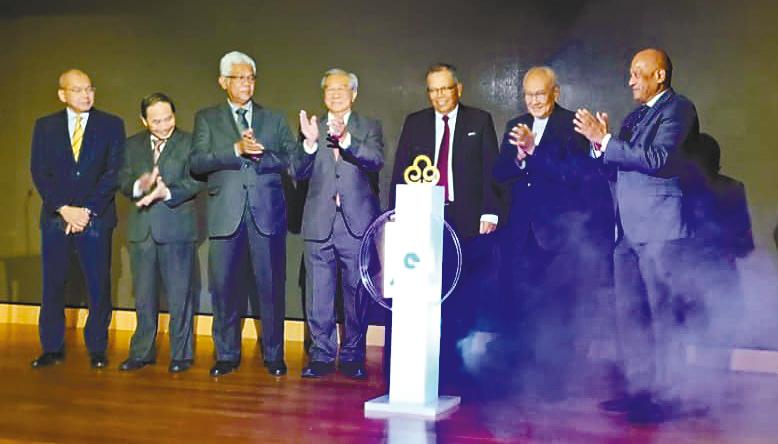KUALA LUMPUR: Syariah-compliant practices instilled into construction contracts are expected to attract a broader investment base for Malaysia, both domestic and international, to bolster the local construction sector and the economy as a whole, according to the Asian International Arbitration Centre (AIAC).
Steering Committee for the Asian International Arbitration Centre Islamic Standard Form of Building Contracts (i-SFC) chairperson Tun Zaki Tun Azmi said studies by the Emerald Insight, have found a connection between Islamic securities and economic growth.
According to projections from Thomson Reuters, the rise of the Islamic finance sector is expected to swell to US$3.8 trillion (RM17.92 trillion) by 2023. He said the Islamic banks are not just growing, they are also thriving amid winds of standardisation and innovation.
“It becomes evident that what we are embarking upon is not a mere contractual framework, but a pioneering stride towards ethical practice in our robust industry. (It) is poised to be more than a contract; it is set to be a conduit for economic vitality, channelling the principles of syariah into the very framework of our national growth,” he added.
“In Southeast Asia, a region pulsating with the dynamism of development, Islamic finance has not just complemented but significantly catalysed economic expansion.
“In Malaysia, a member of this vibrant community, the introduction of Islamic securities has been shown to encourage economic growth through expanding investment and capital assets. This is not conjecture but empirical evidence, reinforcing our belief in the transformative power of the AIAC i-SFC 2024,” Zaki said during the contract’s launch yesterday.
He added that the potential economic benefits of the AIAC i-SFC are manifold. Furthermore, he hoped that with the contract, it would translate financial growth into tangible, infrastructural marvels across Malaysia.
“We are not merely adopting a new contract; we are endorsing a paradigm shift that aligns the bedrock of our construction industry with the ethical and equitable principles of Shariah,” said Zaki.
Meanwhile, AIAC director Datuk Sundra Rajoo said that at present, the maturation of Malaysia’s Islamic finance market has contributed valuably to the rapid establishment of full-fledged Islamic banks and syariah-compliant services domestically.
However, he noted that such continuous advancement also denotes the growing expectations of the industry market players to instill religious, equitable, and ethical values in day-to-day trade and commerce, more so within the practices of the construction industry.
“Islamic principles such as the prohibition of usury (riba), avoidance of speculative transactions (maisir) and uncertainty (gharar) altogether are among the core values brought to the limelight. With that in mind, the emphasis on the syariah principles coupled with the promotion of fairness are envisioned to pave the way for sustainable and ethical growth of the industry.
He remarked that to commensurate with the growing demand for syariah-compliant financial instruments and contracts, the AIAC is committed to the global alternative dispute resolution through the introduction of syariah-based dispute avoidance and dispute resolution products. –









